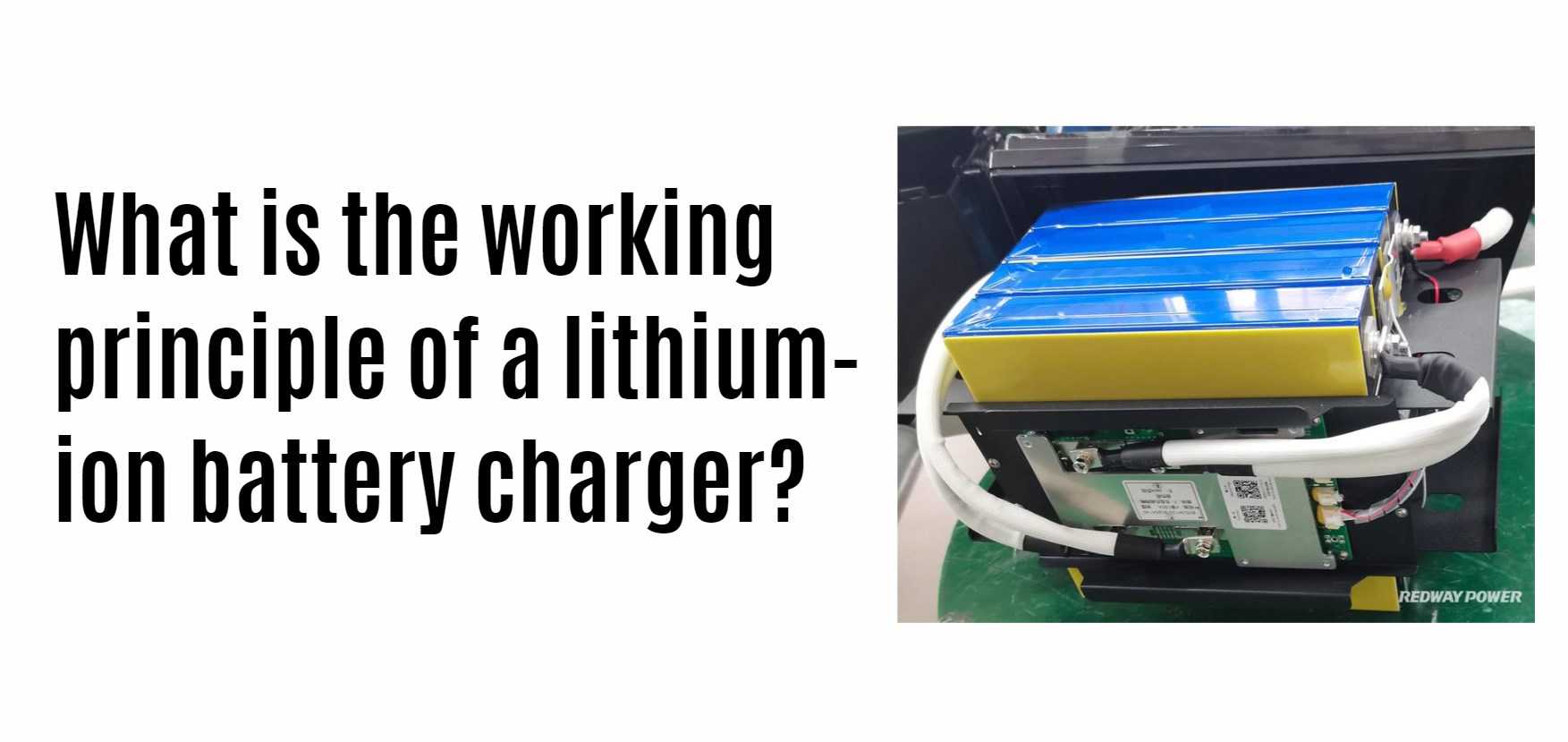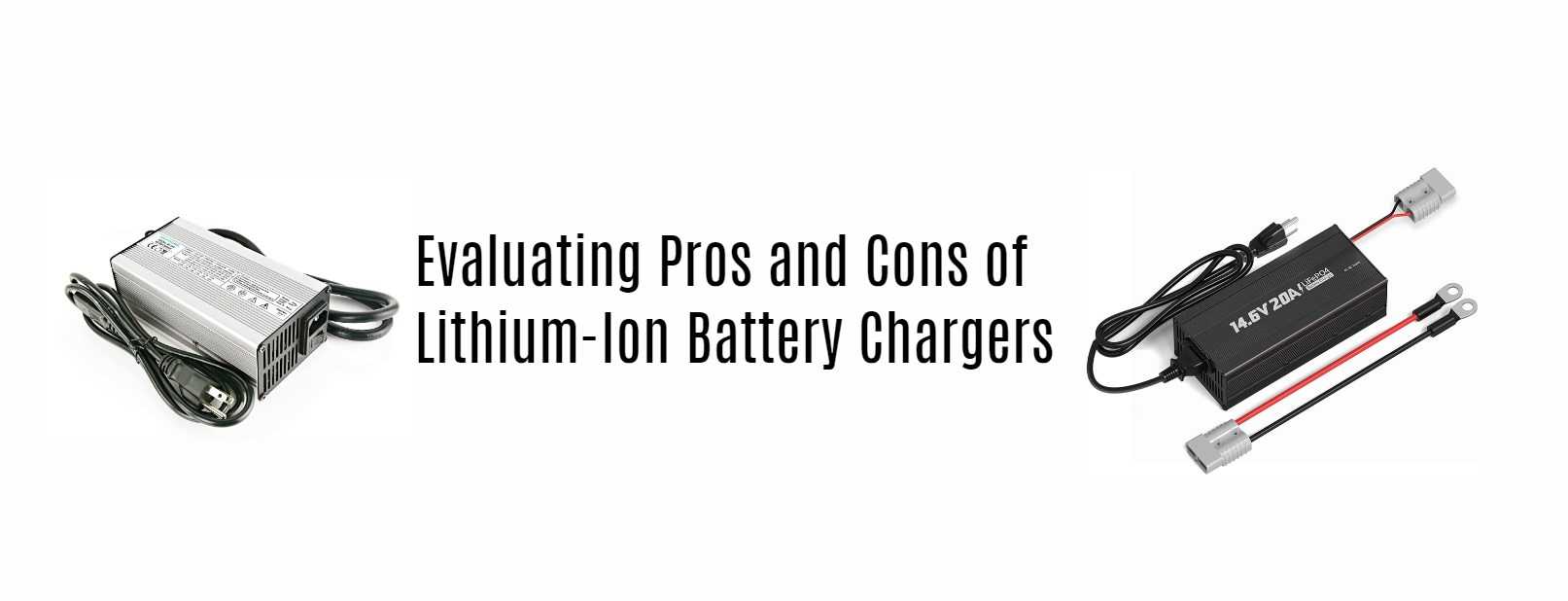At Redway Battery, we delve into the intricate workings of lithium-ion battery chargers, revealing their profound impact on modern technology and everyday device usage. Let’s explore how these chargers function and what sets them apart in the realm of electronic devices.
The Ingenious Working Principle of Lithium-Ion Battery Chargers
Lithium-ion battery chargers operate on a sophisticated principle known as Constant Current Constant Voltage (CCCV). This method ensures optimal charging efficiency by delivering a steady current to the battery until it reaches its maximum voltage capacity. Subsequently, the charger adjusts the current flow to prevent overcharging, thereby safeguarding the battery’s longevity and performance.
Diverse Types of Lithium-Ion Battery Chargers
In the market, various types of lithium-ion battery chargers cater to different needs:
1. Trickle Chargers
Trickle chargers maintain battery charge during periods of inactivity, ensuring devices are always ready to use without compromising battery life.
2. Fast Chargers
Designed for rapid charging, fast chargers offer convenience by significantly reducing charging times, ideal for users needing quick access to their devices.
3. Slow Chargers
Although slower in operation, these chargers provide a gentler approach to charging, preserving battery health over prolonged periods without the risk of overcharging.
Evaluating Pros and Cons of Lithium-Ion Battery Chargers
Pros:
- Efficiency: Faster charging times compared to traditional methods.
- Energy Savings: Enhanced energy efficiency translates to cost savings over time.
- Versatility: Suitable for various high-drain devices like cameras and power tools.
Cons:
- Initial Cost: Higher upfront investment may deter budget-conscious consumers.
- Compatibility: Not universally compatible with all types of batteries, necessitating careful selection.
Choosing the Right Lithium-Ion Battery Charger
Selecting the optimal charger involves considering several critical factors:
- Compatibility: Ensure the charger matches the specifications of your lithium-ion battery to avoid potential damage.
- Charging Speed: Assess your needs for quick versus gradual charging to align with your device usage patterns.
- Safety Features: Prioritize chargers equipped with safety mechanisms such as overcharge protection to safeguard both device and user.
Conclusion: Embracing Efficiency and Innovation
Understanding the intricacies of lithium-ion battery chargers empowers consumers to make informed decisions. These chargers epitomize efficiency and reliability in modern electronics, revolutionizing how we power and utilize our devices. Whether upgrading existing equipment or exploring new purchases, the efficiency and effectiveness of lithium-ion chargers underscore their enduring appeal and utility.
For more information on lithium-ion battery chargers and how they can enhance your electronic devices’ performance, contact Redway Battery today. Our team of experts is here to guide you through the selection process and help you find the perfect charger for your needs.





